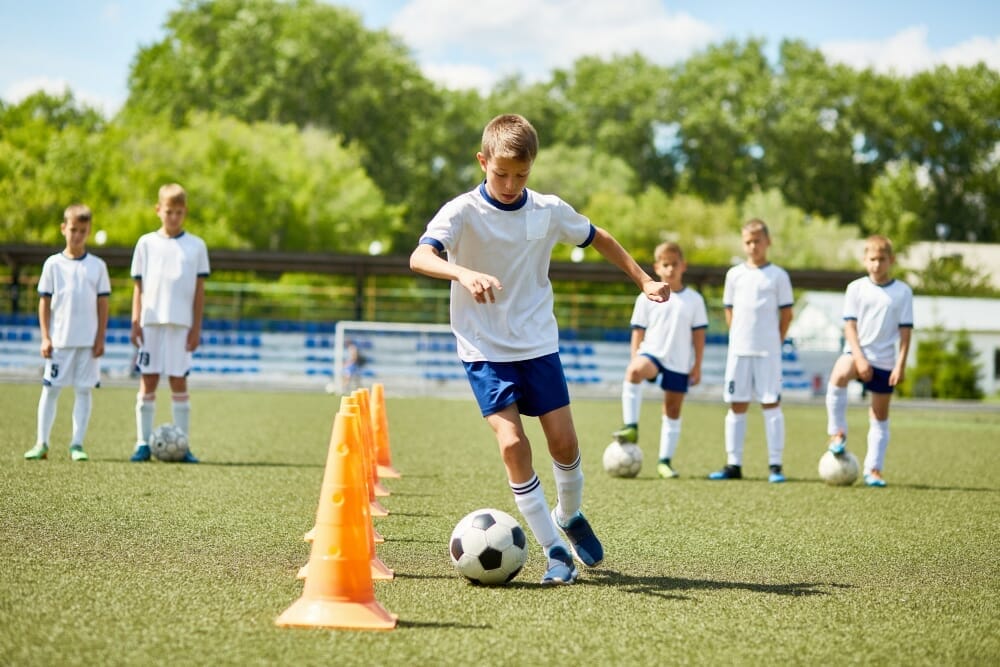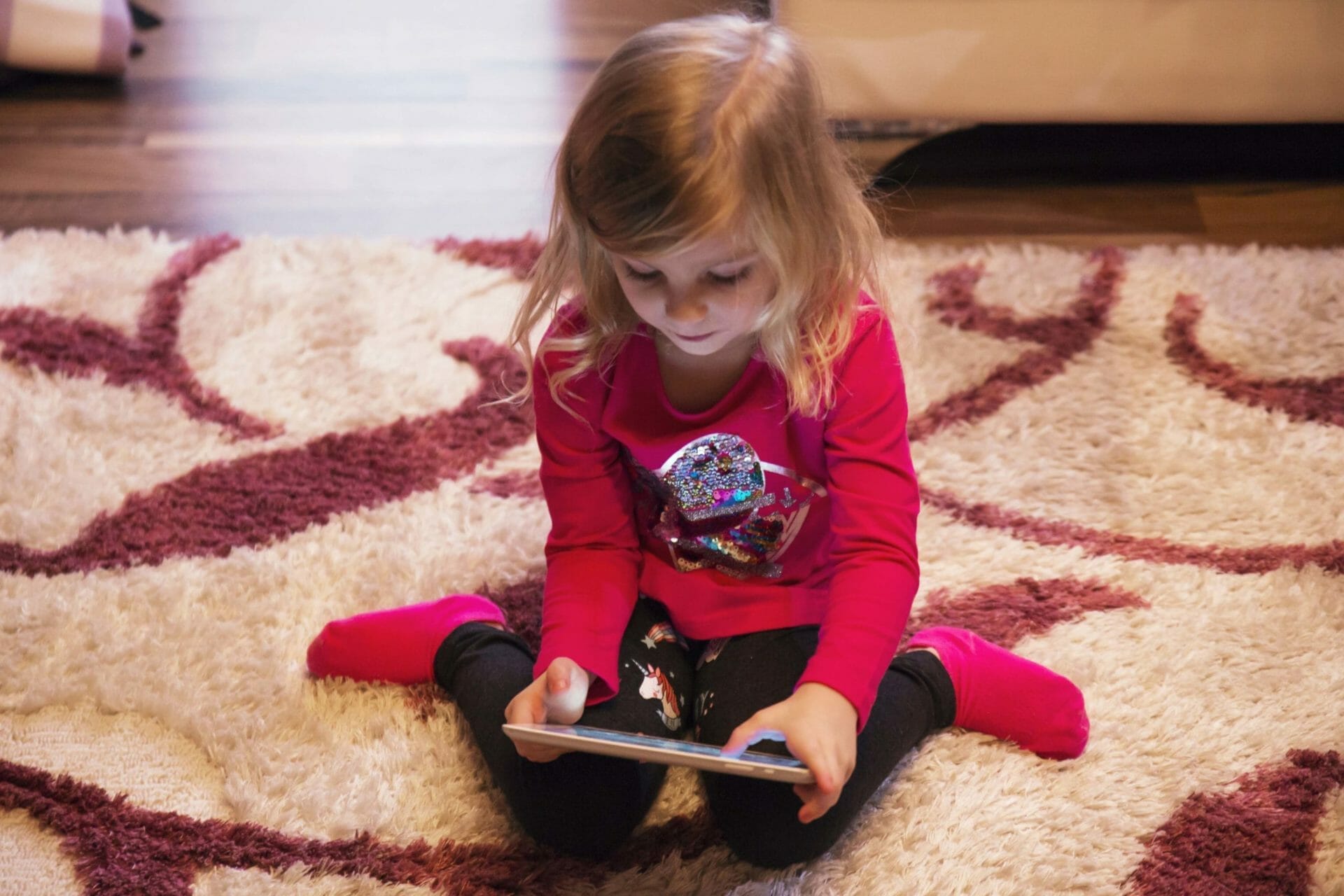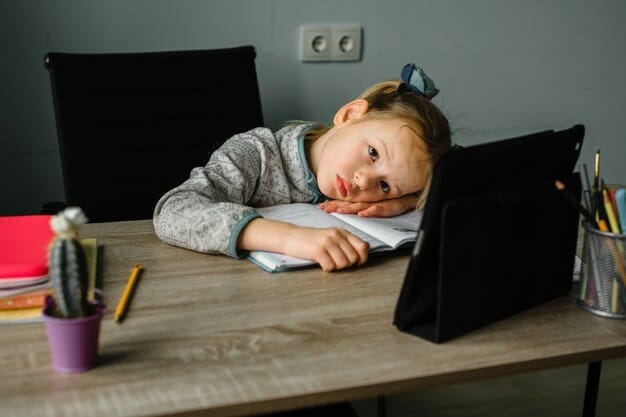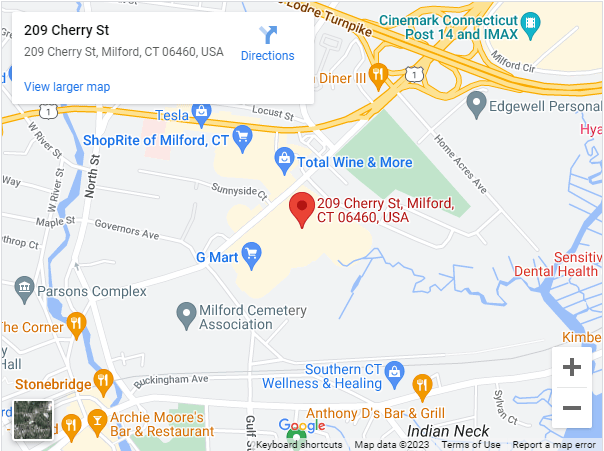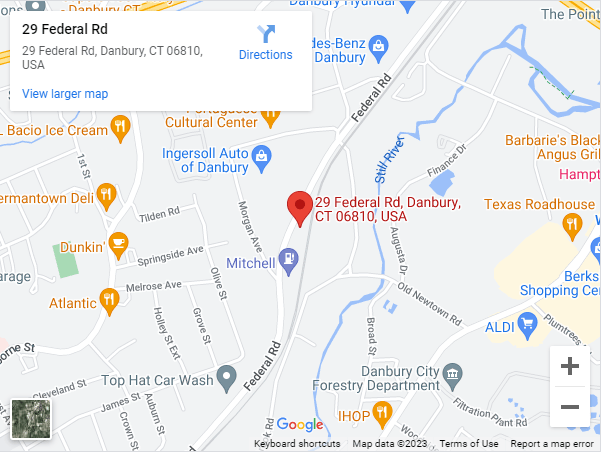Pediatric Occupational Therapy Services
Enhanced motor skills, play skills, and more independence for kids of all ages
Compassionate, Individualized and Expert OT Care
Does your child have difficulties with day-to-day activities at home and school? Do they have a difficult time with tasks such as playing catch, climbing stairs, using scissors, writing, or stringing beads? Issues with fine motor skills, motor coordination skills, or sensory processing might result in developmental milestone delays, and if left untreated can later on result in difficulties meeting academic expectations. An expert occupational therapist at KidSense Therapy Group, Milford and Danbury, Connecticut, can help.
At KidSense, we work with clients from infancy through adolescence to help them improve their independence with daily activities and important self-care tasks. We evaluate your child’s current skills related to playing, school performance, and daily activities and compare them with what is developmentally appropriate for that age group.
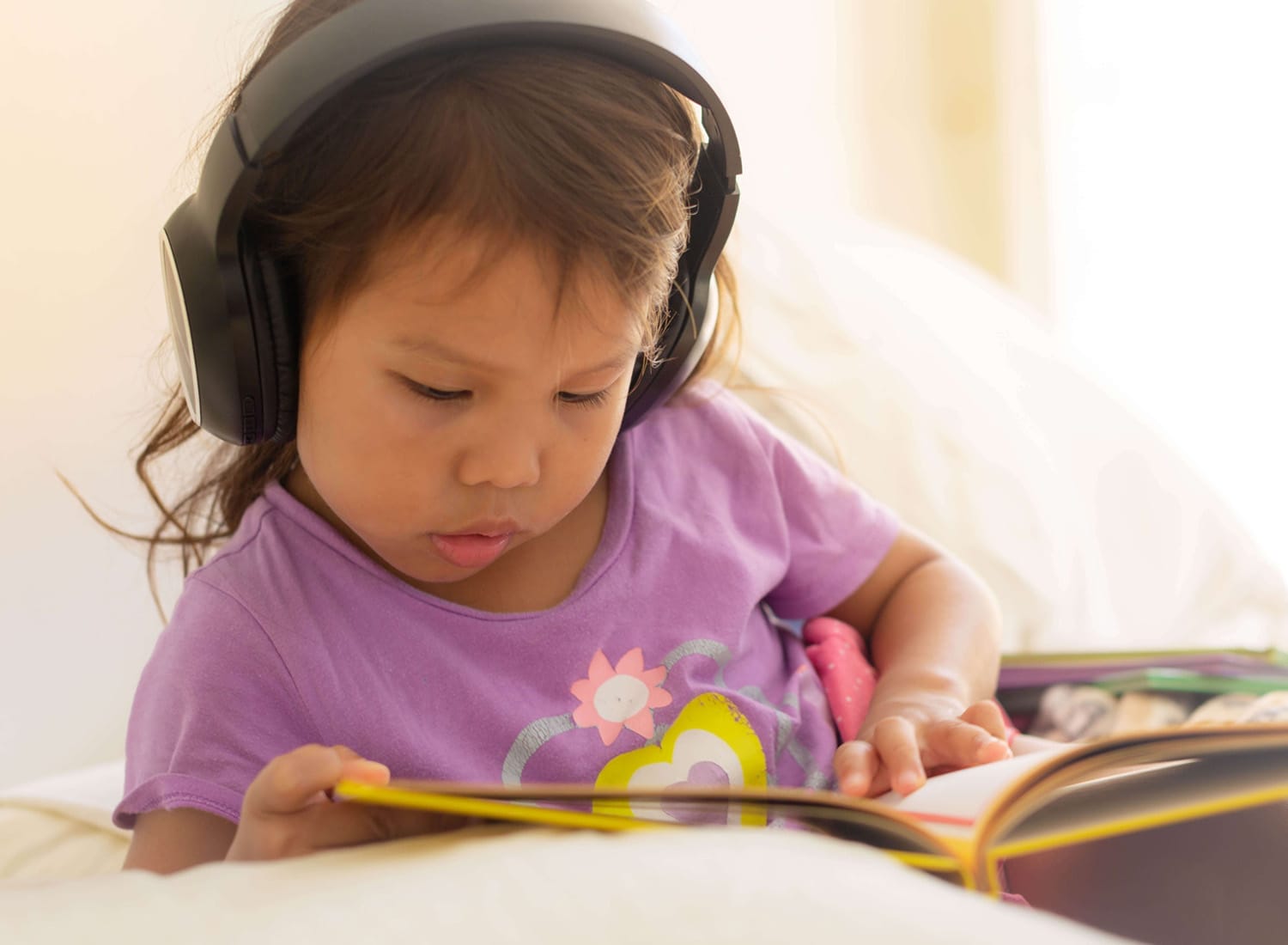
Occupational Therapists at KidSense aim to achieve the following goals:
Decreased fine motor skills and motor coordination skills
Enhanced hand-eye coordination
Developing the body’s 8 senses, yes, 8!
Increased independence to perform everyday self-care tasks such as toileting, bathing, getting dressed up, brushing , and feeding
Enhanced skills for the development of interpersonal relationships, leisure activities, and meaningful employment
Pediatric Occupational Therapy for a Variety of Conditions
At KidSense, we offer occupational therapy for the following:
- Coordination and motor planning
- Neurological disorders
- Visual-motor skills
- Developmental disabilities
- Sensory processing disorder
- Decreased strength
- Primitive Reflex Integration
- Social-emotional regulation
- Torticollis
- Feeding difficulties
- Fine motor difficulties
- Executive Dysfunction
What qualifies a child for Occupational Therapy?
Here are just a few signs that your child might benefit from pediatric occupational therapy:
View Developmental MilestonesMissing Developmental Milestones
Children who have difficulty achieving age-appropriate developmental milestones can benefit from occupational therapy. Such children might experience delayed crawling or walking, frequent falls or clumsiness, and have trouble with toilet training.
Decreased Fine Motor Skills
Children who require occupational therapy struggle with tasks that involve fine motor skills, which are needed to open containers, button/unbutton, tie shoes,pick things up, and write. It might result in challenges in learning how to utilize eating utensils, trouble putting on and taking off clothes and shoes, or requiring additional support to complete daily routines.
Having difficulty with Visual Motor Skills
An occupational therapist can help children with visual motor skills, which is the ability for hands and eyes to work together. This includes visual perception, motor control, and eye-hand coordination. Visual motor integration is necessary for the development of handwriting and hand-eye coordination skills.
Sensory Processing Difficulties
Pediatric occupational therapy can help children experiencing sensory processing challenges. Such children may exhibit heightened sensitivity to sensory input, or the opposite, in which they don’t register their environment. Children with sensory processing difficulties may constantly seek out experiences by moving around and touching everything, while others may want to avoid sounds or textures and refuse to wear certain clothes or eat certain foods.
Why Choose KidSense (Milford and Danbury, CT) for Occupational Therapy?
Occupational Therapy for Optimum Development
- Individualized Therapy Plan: We have a diverse staff of skilled occupational therapists that take the time to assess, analyze, and design individualized treatment programs.
- Parent Collaboration: We believe that parent education is a key element in your child’s progress with therapy. We assist you in understanding "why" we prescribe particular activities so that you may incorporate them in a variety of ways at home and become the best possible advocate for your child.
- Comprehensive and Holistic Treatment: Our team of occupational therapists at KidSense views your child as a whole, far beyond any challenges they may be experiencing. We value getting to know your child and their unique strengths as a means of creating opportunities to build both skills and self-confidence.
What is Involved in an Occupational Therapy Evaluation?
In-depth Clinical Observation, Precise Assessment, and Individual Goal Setting
The evaluation process begins with a review of background and developmental information provided by caregivers, followed by a caregiver interview. Both of these are vital to the planning and tailoring of the evaluation session. Our therapists utilize their clinical judgment as well as dynamic assessment and observation methods to determine your child’s strengths and areas of need. Following the initial evaluation, a report including the evaluation findings and recommendations for treatment will be provided.
Pediatric Occupational Therapy Treatment
We Offer Quality Care in a Safe and Effective Environment
Our occupational therapy includes but is not limited to the following:
- Fine & Gross Motor Development
- Handwriting
- Balance and coordination
- Individualized sensory plan tailored to the Child's specific profile/needs
- Home Programming
- Oral Motor/Feeding Therapy
- Visual-motor skills
- Floortime
- Neurodevelopmental Treatment
- Therapeutic Listening Program
- Strengthening
- Adaptive Equipment Recommendations
- Adaptation of Daily Activities
- Parent Education
- Teacher Collaboration
- Safety and Prevention Program
- Handwriting Without Tears
- Astronaut Training Protocol
- Environmental Modifications
- Primitive Reflex Integration, including use of Masgutova Method
- Self-care training
External Pediatric Occupational Therapy Service Resources for Families, Parents and Caregivers
Resources do not supplement an evaluation and treatment plan created by a licensed therapist and should be used for informational purposes only.
Baby Games Calendar
https://pathways.org/baby-milestones-calendar
Find activities, milestones, and games based on the baby’s date of birth
Busy Toddler: Homeschool Preschool Curriculum
https://busytoddler.com
Focused on sharing quick play set-ups for children to give parents a break without involving the TV.
Play Activities for Birth to 12 Months
https://day2dayparenting.com/30-day-activity-calendars
30 days of play and activity ideas that help encourage important developmental skills. Each calendar is designed for age groups from newborns up to 3-year-olds.
Book: Raising a Sensory Smart Child
http://www.sensorysmarts.com
The updated 3rd edition of the bestselling, award-winning book on sensory issues has more information and solutions than ever, including:
American Occupational Therapy Association, Inc.
https://www.aota.org/About-Occupational-Therapy.aspx
The American Occupational Therapy Association (AOTA) is the national professional association established in 1917 to represent the interests and concerns of occupational therapy practitioners and students of occupational therapy and to improve the quality of occupational therapy services.
Understood - For learning and thinking differences
https://www.understood.org
Providing parents and families everywhere with the resources, expertise, and community. A lifelong guide for those who learn and think differently.
6 stages of play development
https://pathways.org/kids-learn-play-6-stages-play-development/
Playtime is More Than a Fun Activity, It's a Learning Experience That Helps Your Child Develop! Learn About the 6 Stages That Help Develop Social Skills!
InfantSee - free vision screening
https://www.infantsee.org/about-us?sso=y
InfantSEE is designed to ensure that eye and vision care becomes an integral part of infant wellness care to improve a child's quality of life. Under this program, AOA member optometrists provide a no-cost comprehensive eye and vision assessment for infants 6-12 months old regardless of a family's income or access to insurance coverage.
30 Day Activity Calendar
https://day2dayparenting.com/30-day-activity-calendars
30 days of play and activity ideas that help encourage important developmental skills. Each calendar is designed for age groups from newborns up to 3-year-olds.
ASRC Connecticut
https://ct-asrc.org
For over 20 years, ASRC has held to the idea that everyone deserves to live their best life possible. This belief guides ASRC’s mission: to provide lifelong access to opportunities for persons on the autism spectrum with the goal of being fully-included and participating members of their communities.
Cerebral Palsy Guide
https://www.cerebralpalsyguide.com
Cerebral Palsy Guide provides free educational materials, financial options, and emotional support for those affected by cerebral palsy.
Book: The Out-of-Sync Child: Recognizing and Coping with Sensory Processing Disorder
https://out-of-sync-child.com
SPD is a common and frequently misdiagnosed problem in which the central nervous system misinterprets messages from the senses.
STAR Center Foundation
https://sensoryhealth.org/
STAR Institute for Sensory Processing was formed in 2016 from two merged organizations SPD Foundation and STAR Center. STAR Institute for SPD provides premier treatment, education, and research for children, adolescents, and adults with SPD.
Learn the basics of EF
https://pathways.org/topics-of-development/executive-function/
Executive function skills are important skills that we use everyday. Learn about how you can help your child develop & improve executive function skills.
Primitive reflexes and their impact on function
https://www.toolstogrowot.com/blog/2016/01/11/primitive-motor-reflexes-their-impact-on-a-childs-function
This Blog and Infographic will review tonic reflexes, their significance if the reflex persists beyond the typical age range, and the possible impact on a child’s functioning and role performance. This blog will suggest therapeutic interventions that are known to help inhibit the activation of tonic reflexes and advance postural control as a foundation for optimal functioning.
Toileting and Sensory Processing
https://missjaimeot.com/toileting-sensory/
Children with sensory difficulties may struggle with toileting. 'Toileting and Sensory Processing' discusses the sensory considerations in teaching a child to potty-train.
FAQs
How do I know if my child needs this service?
Your child might need occupational therapy if they experience any of the following:
- Weak hands or gets tired easily while doing fine motor tasks
- Appears clumsy or has difficulty with age appropriate motor tasks/games
- Has trouble with writing or cutting, including using too much or too little force
- Difficulty learning how to dress, groom, and feed themselves
- Immature grasp or finger positioning on eating and writing utensils
- Difficulty with vision tasks, such as tracking during reading or catching a ball
- Having trouble with size and spacing within designated boundaries when writing
- Overly sensitive or under-responsive to sensory stimulation including touch, textures, tastes, sound, and movement.
- Excess moving and difficulty sitting still
- Decreased focus and attention
Does your child’s fine motor skills impact their ability to successfully complete school work, play and self-care activities? Is your child struggling to complete pre-writing, writing tasks, and cutting tasks? Is mealtime a struggle because your child is a picky eater or has trouble chewing, feeding themselves, or using a cup or straw? Does your child have difficulty regulating their arousal level – seeking or avoiding sensory experiences that impact their ability to complete everyday activities? If you have answered yes to any of these questions, then we can help!
What does your Evaluation Process look like?
After completing the intake process and completing the necessary forms, you will bring your child in for their appointment. The child will proceed with the therapist to our sensory gym where the evaluation will take place. Our evaluations are designed to assess how children navigate everyday environments. We will evaluate the child's level of functioning and performance in the areas of fine motor, sensory processing, bilateral integration, self-help skills, and developmental milestones. The evaluations usually include parent/client interviews, clinical observations of tasks and activities, and standardized assessments when necessary.
- We will conduct a skilled assessment using standardized tools when applicable; determine the child's ability to interpret, integrate, and respond to sensory input; and assess occupations and performance skills, such as self-care (ADL), gross motor, fine motor, perceptual, visual-motor, and social skills.
- The client will be given opportunities to perform tasks in a variety of environments within our gym (on the floor, on equipment, stairs, table top activities), and if needed smaller and quieter rooms are available. Although parents do not usually proceed to the evaluation session, a clinician may ask you to join depending on your child’s age and their ability to transition into the session. Evaluation findings are always reviewed with the families to assess for consistency and reliability of results.
What’s your treatment approach for this service?
We aim at developing a plan of care in coordination with other disciplines who may be treating your child and provide individualized services that are tailored to your child. This may include, but is not limited to, performance in dressing or feeding activities, developing body awareness and processing of their surroundings and environment, as well as enhancing handwriting skills. Therapy is provided in a client-centered, play-based intervention for skill development by using compensatory and remedial approaches with emphasis on sensory strategies and visual prompts, positioning of self and equipment, as well as providing structured activities and modifying environments.
Which “Collaborative Therapy Services” do you offer in conjunction with this service?
We strongly feel that therapist collaboration is an integral part of a client’s therapy process. It allows for skills to be practiced, mastered, and generalized amongst multiple disciplines. Our team consists of occupational therapists, physical therapists, speech and language therapists, social workers, and art therapists. There is no “I” in “team”, and we feel strongly that if our therapist can work together with the family, it will lead to better outcomes.
We collaborate with caregivers, parents and other professionals to help the child in the following ways:
- Provide suggestions for skill attainment in classroom and other settings
- Advise on appropriate community programs, sports, and events.
- Prepare and provide tip sheets, in-service training, and online information.
- Establish partnerships with other professionals in the community to appropriately refer out to other specialties when necessary.
- Building relationships with others in the community, supporting and designing programs and events for outreach, as well as participating in research opportunities and providing students with opportunities to learn about OT.
What can an OT do for my child?
An OT can provide the following services for your child:
- Evaluate the child's level of functioning and performance in the areas of fine motor, sensory processing, bilateral integration, self-help skills, and developmental milestones.
- Develop a plan of care in coordination with other disciplines who may be treating your child and provide individualized services that are tailored to your child. This may include, but is not limited to, performing in dressing or feeding activities, developing body awareness and processing of their surroundings and environment, as well as enhancing handwriting skills.
- Assist the child and family to establish age-appropriate habits and routines, such as self-care, play, and social participation.
- Recommend proper supports and adaptive equipment to facilitate the development of age-appropriate abilities and greater independence.
- Adapt and modify activities, environments, and contexts to support performance and participation in everyday life situations and settings.
What are some examples of occupational therapy evaluation methods and interventions?
- Consultation services: We collaborate with other professionals, such as psychologists or classroom teachers to provide suggestions for skill attainment in other settings.
- Education: We prepare and provide tip sheets, in-service training, and online information, as well as establish partnerships with other professionals in the community to appropriately refer out to other specialties when necessary.
- Advocacy: We aim at building relationships with others in the community, supporting and designing programs and events for outreach, as well as participating in research opportunities and providing students with opportunities to learn about OT.
There is a limited variety of clothing my child will wear due to sensitivity to tags, materials, sleeve-length, waistband, tightness, etc. Can OT help?
Yes! Along with providing direct sensory integration intervention, our occupational therapists can educate parents on sensory strategies that can be utilized at home to help your child’s sensory needs as well as provide you with outside resources that can aid your child to feel more comfortable in their skin.
My child already receives OT services at their school, can they still receive services at an outpatient clinic location?
Yes! The focus of school-based OT is limited to academic necessity, whereas outpatient OT considers needs across all environments including home and community settings
How can an OT help with my child's handwriting?
OT can support the development of fine motor strength, endurance, and coordination, all of which are necessary for producing handwriting. We may also address handwriting from a visual-motor or visual-perceptual standpoint to improve legibility.
What is proprioception?
Proprioception refers to the sense that allows us to know where our bodies are in space, even if we aren't looking at them. Proprioception also allows us to assess and execute movements needed with accurate force and speed. For example, if you are picking up a cup of water, proprioceptive input allows us to reach with an appropriate amount of force and speed so that the cup doesn't get knocked over or missed entirely!
What is body awareness?
Body awareness is directly related to our sense of proprioception. Body awareness allows us to know where we are, what position our bodies are in, and what movements we are making with our bodies without needing to look at our limbs/bodies throughout those movements. Proprioceptive input allows our bodies to develop a sense of body awareness over time, through the use of repeated actions that become learned throughout childhood development - kind of like an internal "road map" for our bodies/movements. If this "road map" isn't properly developed, we may see children presenting with poor body awareness who appear clumsy or uncoordinated; they may also rely heavily on their visual systems when moving throughout their environment.
What is interoception?
Interoception refers to the ability to adequately receive and appropriately interpret internal signals located in the organs. Interoception allows you to know when you are hungry, thirsty, or need to use the bathroom. Interoception also impacts your ability to feel and recognize your emotions, for example when you are scared your heart rate will increase.



